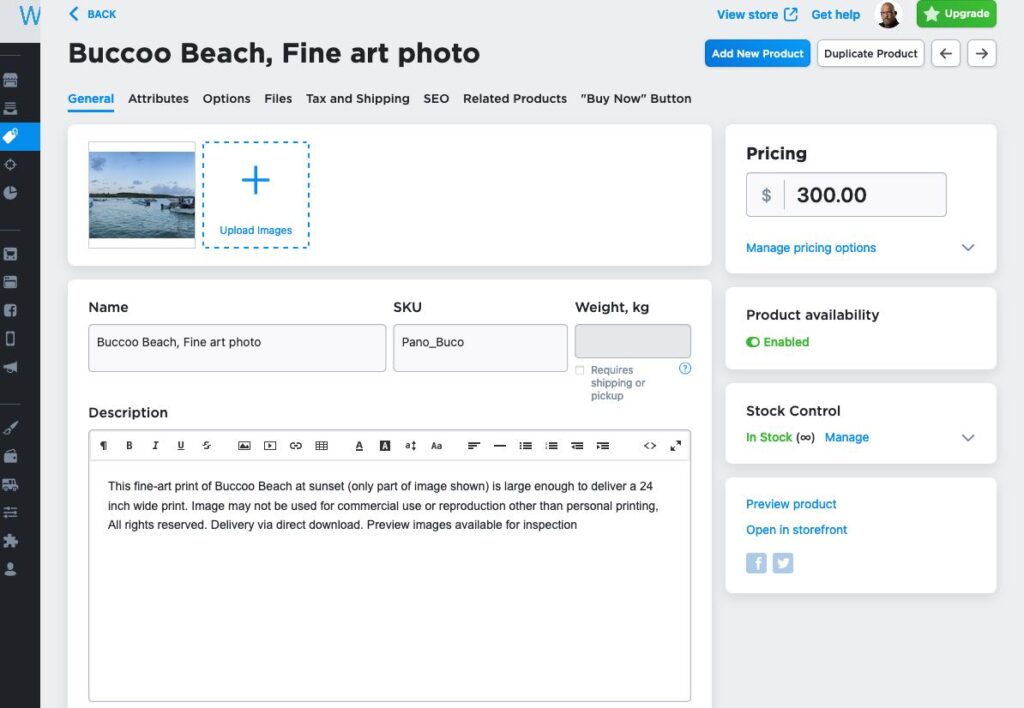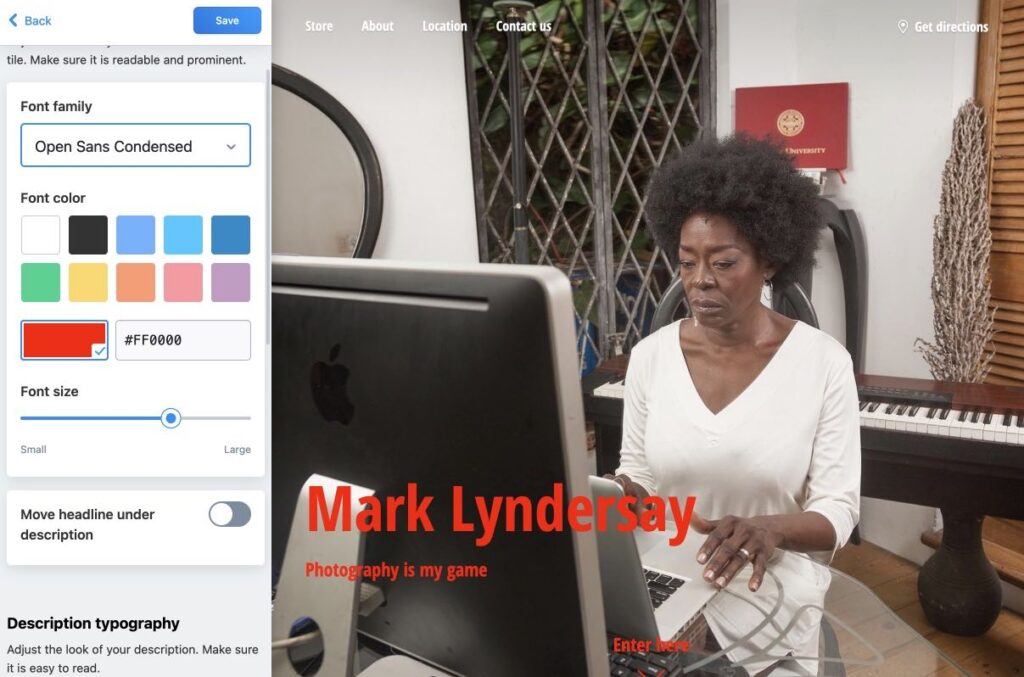
- A WiShops event on May 16 will try for a Guinness record
- WiPay developed a widely used ecommerce system for Jamaica to use during pandemic lockdown
- WiShops aren't difficult to build, but are limited.
- The ease of ecommerce in the Caribbean is the selling point
Above: WiPay’s Aldwyn Wayne. Photo by Mark Lyndersay.
BitDepth#1301 for May 13, 2021
It wouldn’t be enough for WiPay’s colourful leader, Aldwyn Wayne to announce the company’s portal for ecommerce websites, WiShops.
That would be…ordinary.
“It was built,” Wayne said, “because we are in the space.”
Wayne is launching WiShops with an enthusiastic effort to get into the Guinness Book of Records by bringing 1,000 WiShops sites online in an hour in Jamaica. There are supporting projects in Trinidad and Grenada on May 16.
Why Jamaica?
WiPay created the E-Commerce National Delivery System (ENDS) in two weeks for the Jamaican government to facilitate a first curfew lockdown.
ENDS links vendors, customers and delivery drivers into a verification and online payment system that allowed business to continue after curfew hours.
Police officers used an app with a QR code scanner that made it easy to verify drivers working after curfew using ENDS.
The second version of the system was given to E-Gov Jamaica recently on a freeware license.
WiShops, already in development, was integrated into the system. It was WiPay’s experience coaching 100 vendors for that project that led directly to the idea for Project 1000.
“We want to get 5,000 people on the day,” Wayne said, “but the only ones that count toward the world record attempt are the sites created in Jamaica.”
“Guinness has access to the backend of the platform and will be able to verify the process as it happens.”
Users are expected to sign up for the service before the big Sunday event, but it’s on that day they will be able to view a 25 minute video that explains how WiShops works and begin building their site.
More videos exploring all the nuances of the platform are planned.
Plans for a caravan going into towns and villages to demonstrate the service, were abandoned with covid19 numbers rising in the Caribbean.
An online shop on Wix or Shopify requires a credit card and a monthly commitment to pay. A WiShops ecommerce account can be paid via top-up or the $9 fee can be deducted from sales, opening the service to the unbanked.
“The problem is the credit card, we can make our money down the road,” Wayne said, “the thing is to get everyone online.”
WiPay supplies a zero-code site builder environment, which might seem familiar to anyone who as used Wix or Squarespace, to create a one-page parallax style website.
Domains are built into the system and savvy users have the option to point an external domain to a WiShops site.
Of course, if you know how to do that, chances are that you don’t need WiShops for a website, but at a base price of $9 per month, it’s still an appealing option for getting started on ecommerce.
WiPay hosts its platform on Amazon Web Services and provides a range of template and styling choices, including a mercifully truncated selection of Google fonts that make it difficult to create a truly ugly website.
The builder, modelled broadly on the WordPress customiser module, also ensures that it’s also difficult to create a really exemplary one.
The site allows a site owner to post digital downloads as products, but overwhelmingly, the system caters to someone with physical products and offers quite capable options for displaying multiple views of an item.
For a complete newbie to creating a website, the process is straightforward, though it demands that you have some photos and data on hand to organising your product presentation online.
Many of those requirements are in alignment with existing business systems, inclusive of stock-keeping units (SKU’s) used to keep track of inventory.
According to Wayne, once you create a WiShops site, it’s yours on the platform. Adding ecommerce capability incurs the monthly $9 fee and there are other tiers available for users needing additional capabilities.
The WiShops platform also allows a site creator to purchase additional services from third parties directly from the site builder and social media links both for commerce and promotion are also available.




